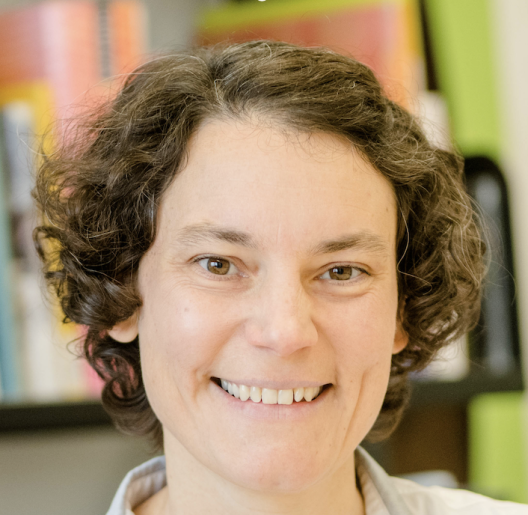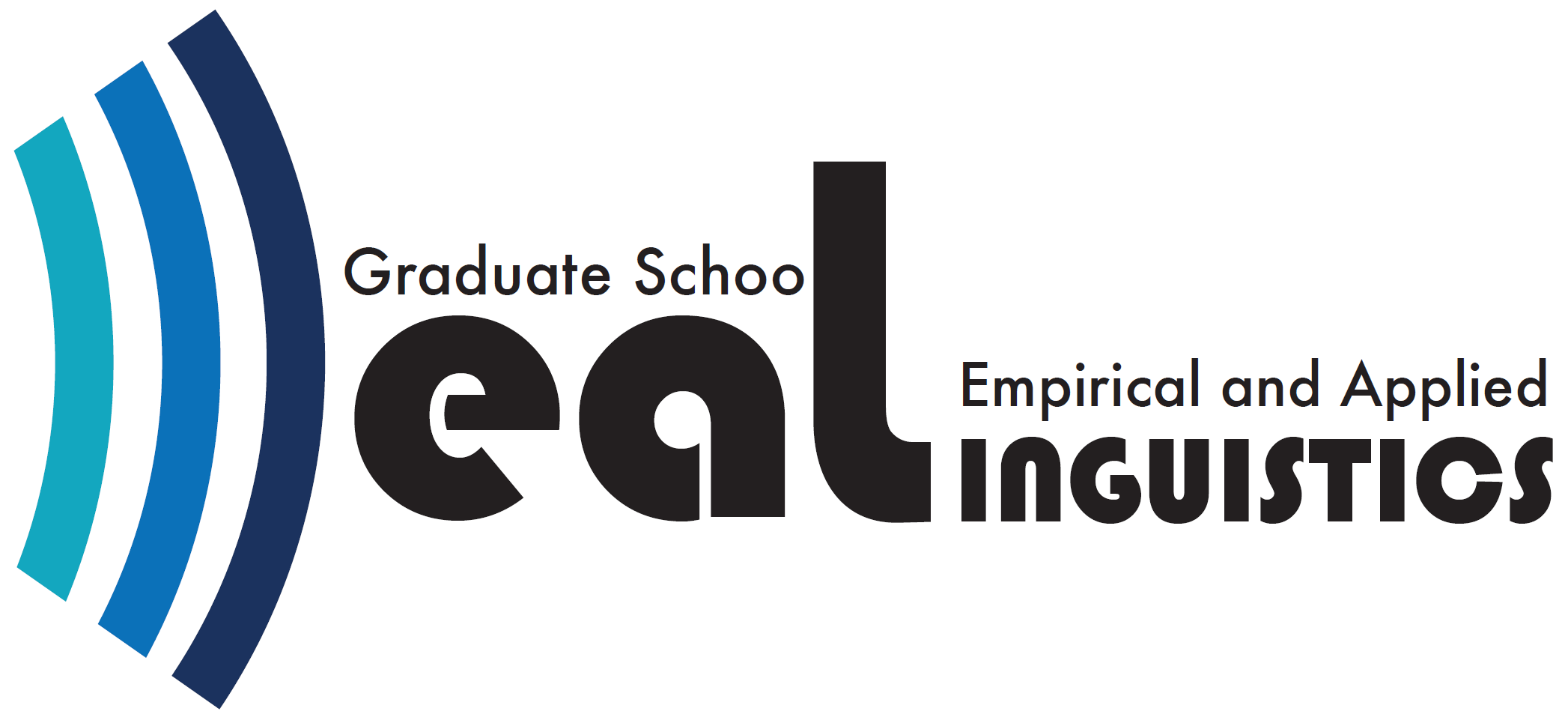Sprache, Adressat, Mehrsprachigkeit: Was beeinflusst narrative Strukturen? Einblicke in eine kontrastive Studie zu mono- und bilingualen Sprachdaten von russisch-, polnisch- und deutschsprachigen Personen


Im Zentrum dieses Vortrags steht die Frage, welche Faktoren auf die Ausgestaltung von Geschichten Einfluss nehmen können. Dafür werden nach einer Klärung des theoretischen Hintergrundes Einblicke in die Ergebnisse einer kontrastiven Studie gegeben. Als Grundlage dienen experimentell erhobene Daten von L1-Sprecher:innen des Polnischen, Russischen und Deutschen, aus denen elizitierte Erzählungen zu Bildergeschichten (erhoben mit Hilfe des Multilingual Assessment Instrument for Narratives = MAIN, vgl. main.leibniz-zas.de/) als Ausgangspunkt eines mehrfachen Vergleiches dienen. Dieser beleuchtet auf der makro- und mikrostrukturellen Ebene mögliche Unterschiede in den drei Sprachen und bei wechselndem Adressaten. Ein Blick in die aktuell laufende Erhebung bilingualer Sprachdaten (mit Herkunftssprecher*innen des Russischen und Polnischen im deutschsprachigen Raum) erweitert den Vortrag um Fragen rund um Mehrsprachigkeit und deren Einfluss auf sprachliche Strukturen.





